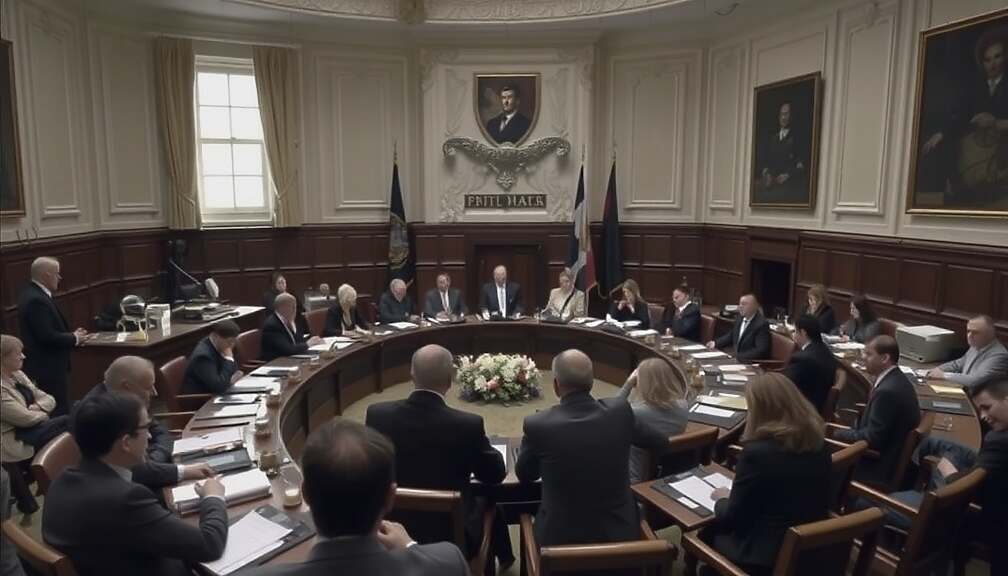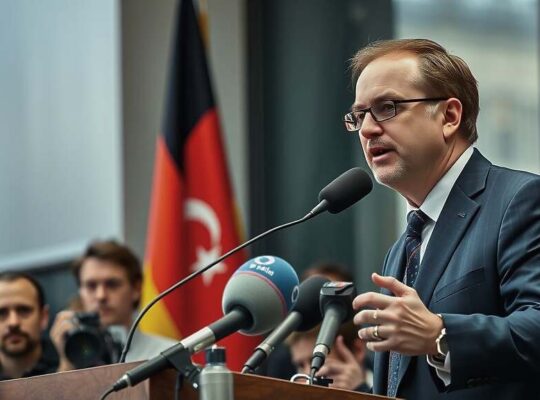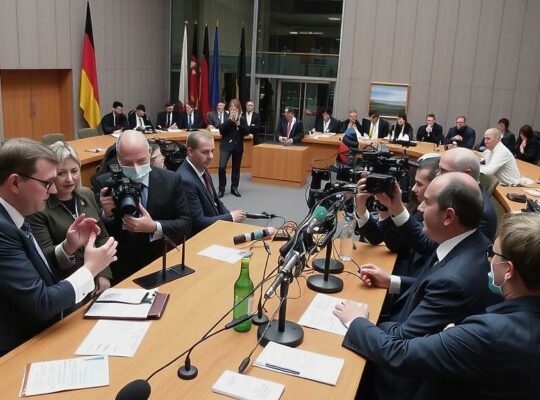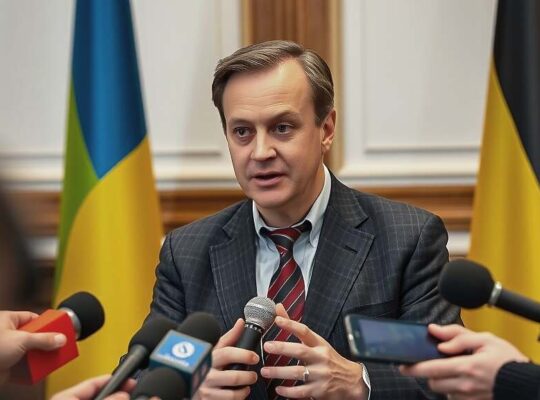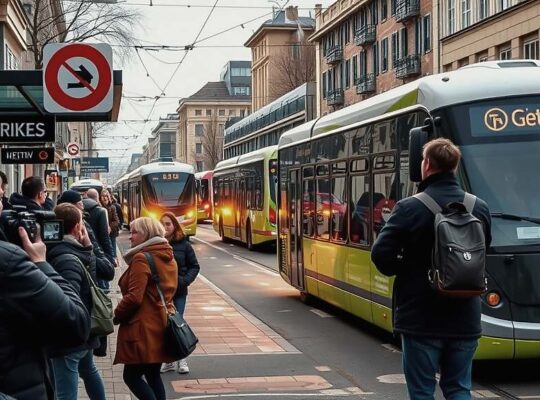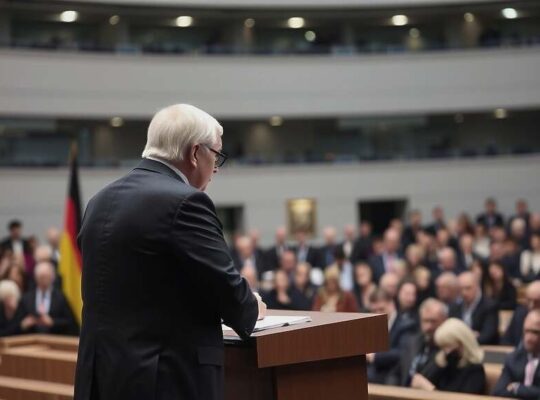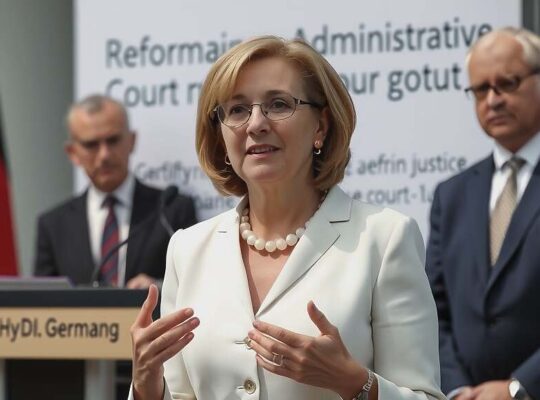The debate surrounding citizen-initiated referendums is exposing deep divisions within the German Bundestag’s Petitions Committee, highlighting differing perspectives on direct democracy and the role of parliamentary processes. While calls for increased citizen participation are gaining traction, particularly from certain factions, the path towards incorporating referendums remains fraught with disagreement.
Andreas Mattfeldt, spokesperson for the CDU/CSU parliamentary group, confirmed a lack of consensus within the committee, emphasizing the Union’s “very restrictive” stance against referendums. This position suggests a reluctance to relinquish parliamentary control over legislative decisions, a view reinforced by the current low prioritization of the issue within the committee’s daily agenda, according to SPD parliamentary group representative Daniela Rump.
The AfD has voiced support for referendums modeled after the Swiss system, framing it as integral to their party’s ideology. However, Manfred Schiller, the AfD’s representative on the committee, questioned the relevance of referendums as a primary focus for the Petitions Committee, subtly suggesting that the issue falls outside the committee’s core mandate.
Green Party representative Corinna Rüffer presented a contrasting viewpoint, emphasizing the potential for referendums to bolster citizen engagement. However, she signaled a preference for strengthening the existing petition process and proposed a potential link between the committee’s work and the incorporation of citizen assemblies, a move aimed at enhancing participatory democracy beyond simple referendum votes.
The Left Party has echoed Rüffer’s emphasis on citizen input, with parliamentary group representative Sören Pellmann advocating for a greater responsiveness from politicians to the views of citizen councils. He argued that translating public opinion into concrete political action, rather than simply acknowledging it, is critical to addressing growing disillusionment with the political process and bolstering democratic legitimacy. The underlying tension reveals a more fundamental debate within the German political landscape: whether to embrace a more direct form of democracy, potentially challenging the established power of parliament, or prioritize the existing representative structures.


